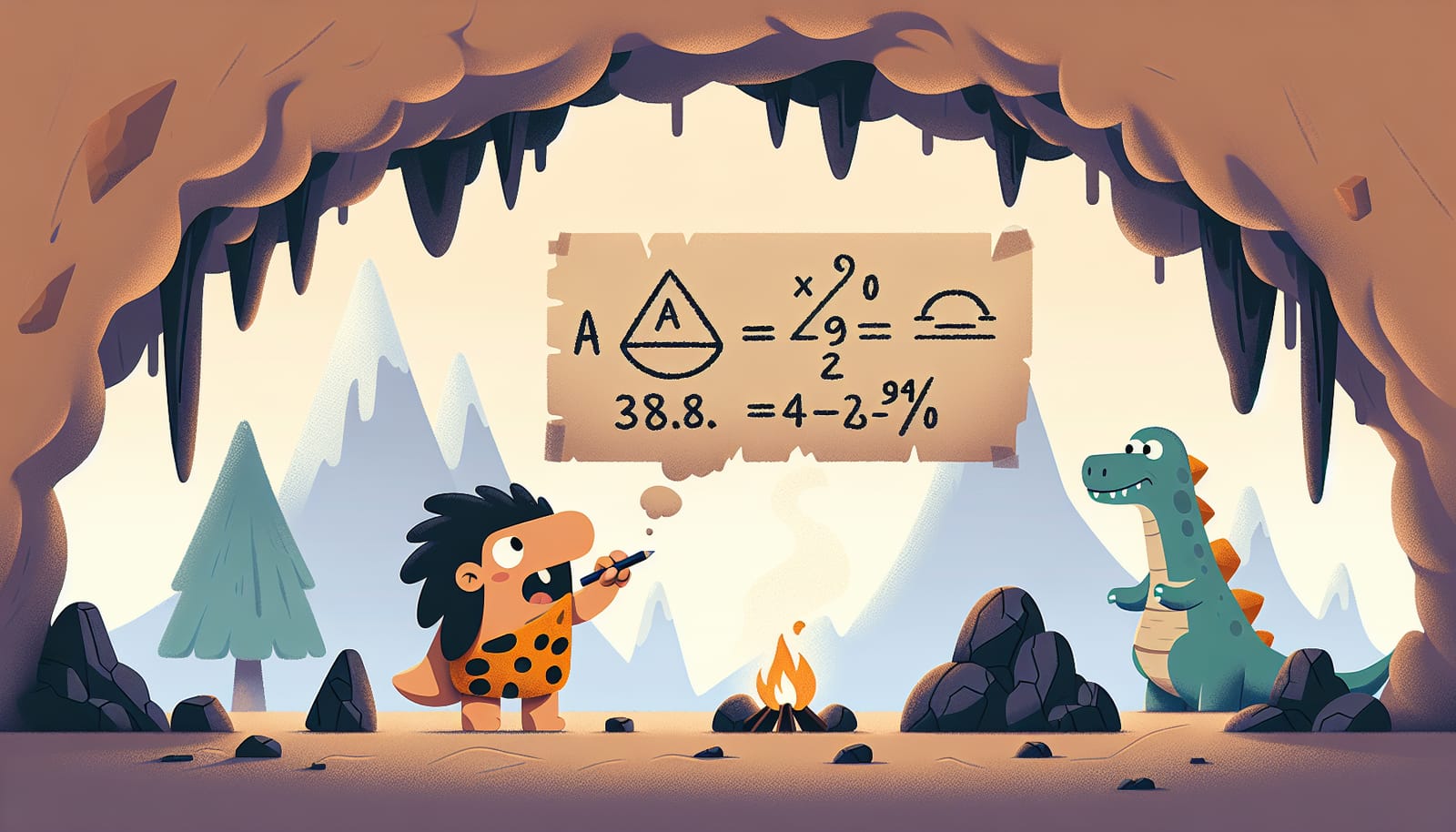-
A large underground chamber or series of chambers, typically formed by the erosion of rock.
synonyms:grottoden -
A hollow or natural enclosure, often used for shelter or habitation.
synonyms:hollowcavern

The word 'cave' comes from the Latin 'cavus', meaning 'hollow'. It has been used in English since the 14th century.
Everyday use, as well as in geological and archaeological contexts.
The word 'cave' is commonly used in both casual conversation and scientific discussions, particularly relating to geography and natural formations.
As we explored the dark cave, we marveled at the stunning stalactites hanging from the ceiling.
The ancient cave paintings provided a glimpse into the lives of early humans.
During the hike, we discovered a cave that served as a shelter for wildlife.
Caves are fascinating natural formations that have intrigued humans for centuries. They are often associated with adventure and exploration, serving as both shelters and archaeological sites. The word 'cave' has roots in Latin, emphasizing its long-standing place in human history and language. Whether you're an avid spelunker or just enjoy a good story about hidden treasures, caves capture the imagination and remind us of the wonders of the natural world.